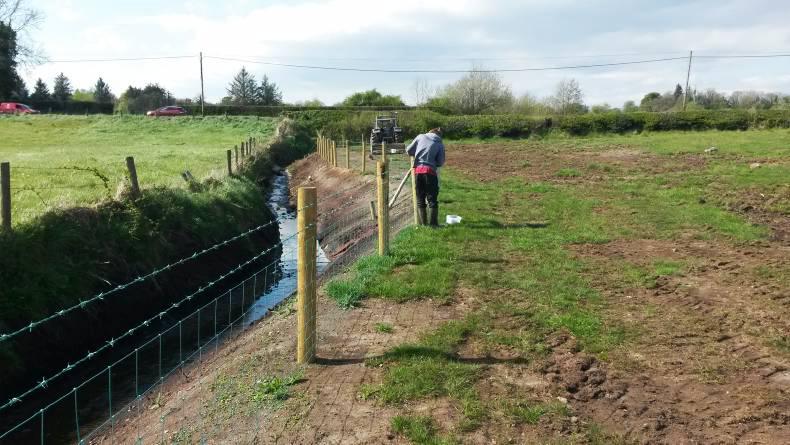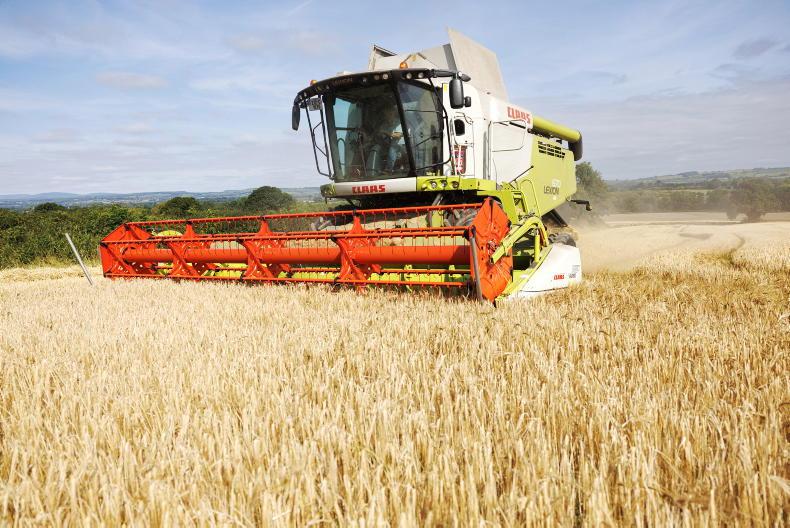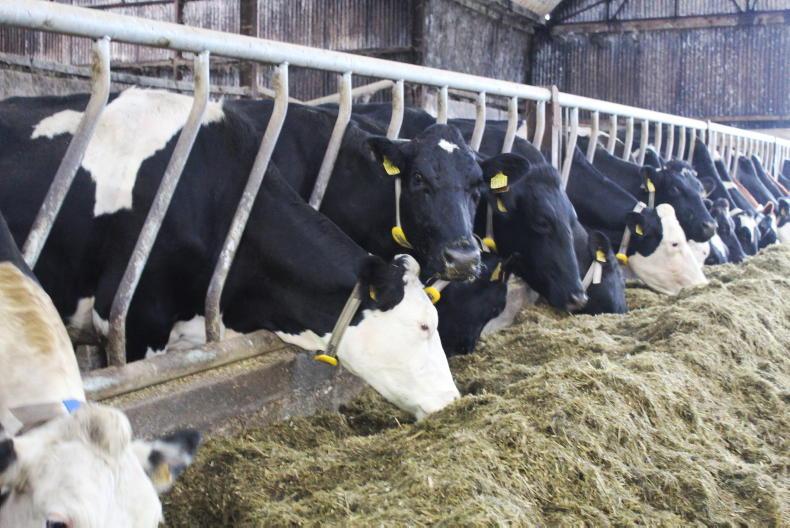The current DAERA stakeholder engagement document outlining initial thinking on a future agricultural policy post-Brexit does not contain any specific reference to the possibility of applying coupled payments (support per head, or per acre) in NI after Brexit.
It is also not something that finds much favour with government or ministers at Westminster, yet coupled support schemes are widely used across Europe, and a scheme on beef calves (and hill sheep) has operated in Scotland since 2005.
There are clear limits on how much each member state can allocate to coupled payments (normally up to 8% of the budget), and specific rules also set by the World Trade Organisation (WTO).
But assuming the English don’t go this route (which they won’t), in a UK context, it means there is some scope for NI to adopt some coupled payment schemes after Brexit.
So is it something the industry here should be lobbying for? Certainly it is worth a discussion, because is there really a better way of ensuring income support actually goes to those who need and deserve it most?
There is little point in pumping money into education, advice, research, grant schemes etc, if margins are such that few can actually afford to make a living from the land.
As highlighted on pages six and eight, the reality is that the market just cannot make up for the loss in income support that would occur if current direct payments are removed from primary beef producers.
That is where the situation is most critical, but sheep and arable production are also vulnerable.
Surely we have the capability of devising simple schemes that will deliver positive outcomes for the environment, not distort the market, but put money into the hands of active, productive farmers.
The future of our largest and most important sector (red meat) could depend on it soon.
Read more
NBA NI to explore suckler payment
Editorial: welcome focus on higher productivity
The current DAERA stakeholder engagement document outlining initial thinking on a future agricultural policy post-Brexit does not contain any specific reference to the possibility of applying coupled payments (support per head, or per acre) in NI after Brexit.
It is also not something that finds much favour with government or ministers at Westminster, yet coupled support schemes are widely used across Europe, and a scheme on beef calves (and hill sheep) has operated in Scotland since 2005.
There are clear limits on how much each member state can allocate to coupled payments (normally up to 8% of the budget), and specific rules also set by the World Trade Organisation (WTO).
But assuming the English don’t go this route (which they won’t), in a UK context, it means there is some scope for NI to adopt some coupled payment schemes after Brexit.
So is it something the industry here should be lobbying for? Certainly it is worth a discussion, because is there really a better way of ensuring income support actually goes to those who need and deserve it most?
There is little point in pumping money into education, advice, research, grant schemes etc, if margins are such that few can actually afford to make a living from the land.
As highlighted on pages six and eight, the reality is that the market just cannot make up for the loss in income support that would occur if current direct payments are removed from primary beef producers.
That is where the situation is most critical, but sheep and arable production are also vulnerable.
Surely we have the capability of devising simple schemes that will deliver positive outcomes for the environment, not distort the market, but put money into the hands of active, productive farmers.
The future of our largest and most important sector (red meat) could depend on it soon.
Read more
NBA NI to explore suckler payment
Editorial: welcome focus on higher productivity








SHARING OPTIONS